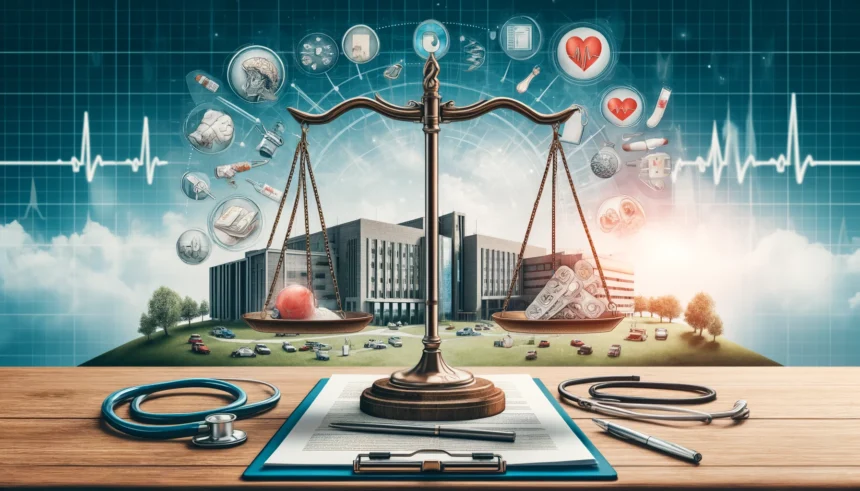Each year 40 million people visit the emergency department in the U.S. for injuries they have sustained. In many cases, these injuries may be a result of the negligent actions or omissions of a third party.
Personal injury laws offer legal recourse to such individuals, compensating them for the harm they have suffered and in some cases, penalizing the other party through punitive damages. While this legal framework exists to assist individuals in recovering monetary compensation for matters including medical expenses, lost wages, emotional distress and pain and suffering, challenges to these claims can arise where the claimant has pre-existing health conditions.
In this article, we will examine how pre-existing conditions can affect the outcome of a personal injury claim, providing individuals with greater clarity on this area of personal injury law.
A Defense Against Your Claim
Understanding personal injury cases and the potential defenses that may be raised can help individuals seeking justice prepare a robust claim and counter any arguments successfully. A common defense used in personal injury cases by insurance companies and defense lawyers is to assert that the claimant’s injuries or health condition were present before their accident. If successfully applied, this defense can absolve the defendant of liability for the claimant’s injuries and either reduce or negate the need for their insurer to pay compensation.
It is worth noting that a defendant may still be liable for a claimant’s injuries in cases where they can prove they suffered a new injury that aggravated a pre-existing condition. By seeking medical attention immediately following their accident and following the guidance of their doctor, individuals can ensure their injuries are properly examined and documented. As a result, they can present a causal link between their accident and their injuries, and rebut any arguments to the contrary.
The Eggshell Skull Rule
In some cases, the claimant in a personal injury case may suffer from a pre-existing injury or health condition that has been aggravated as a result of the accident. According to a legal doctrine known as the eggshell skull rule, a defendant must take the claimant as they found them, regardless of their pre-existing state of health. This means they can still be liable for the claimant’s injuries even if they were more susceptible to being injured due to their pre-existing conditions.
A common example used to explain this principle is of a claimant who has a thin or egg-shell-like skull due to a medical condition. As a result, the injuries they would sustain in an accident are likely to be more severe compared to the average person. Under the eggshell skull rule, the defendant would still be liable for the full extent of the claimant’s injuries even if their injuries may be more severe than those expected in a person without that pre-existing condition.
This rule ensures claimants in personal injury cases are fairly treated and receive compensation for the full extent of their losses, irrespective of their previous health conditions.
Navigating this area of the law can be challenging and often requires fine points of distinction to be made. Claimants in personal injury cases should consider hiring legal representation to assist them with their case.









